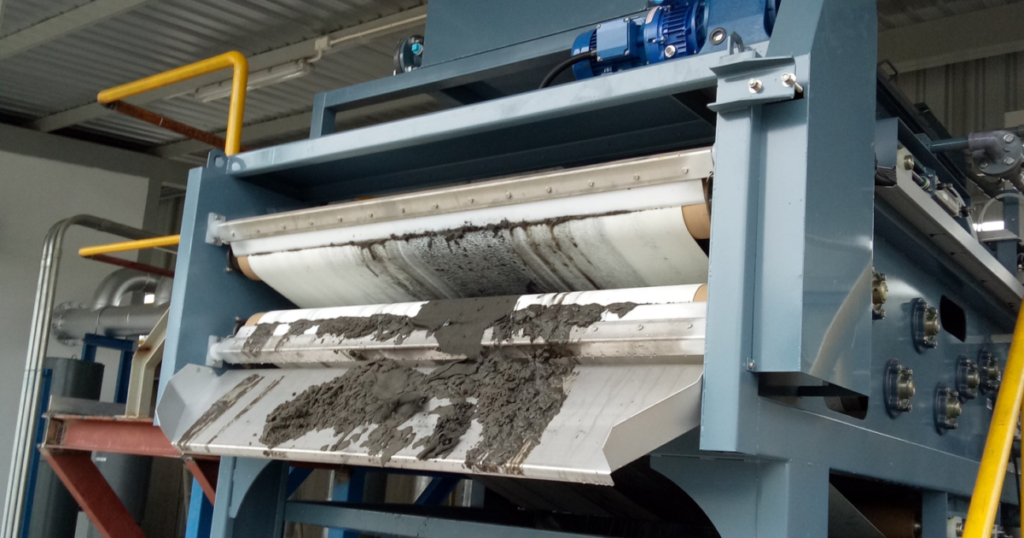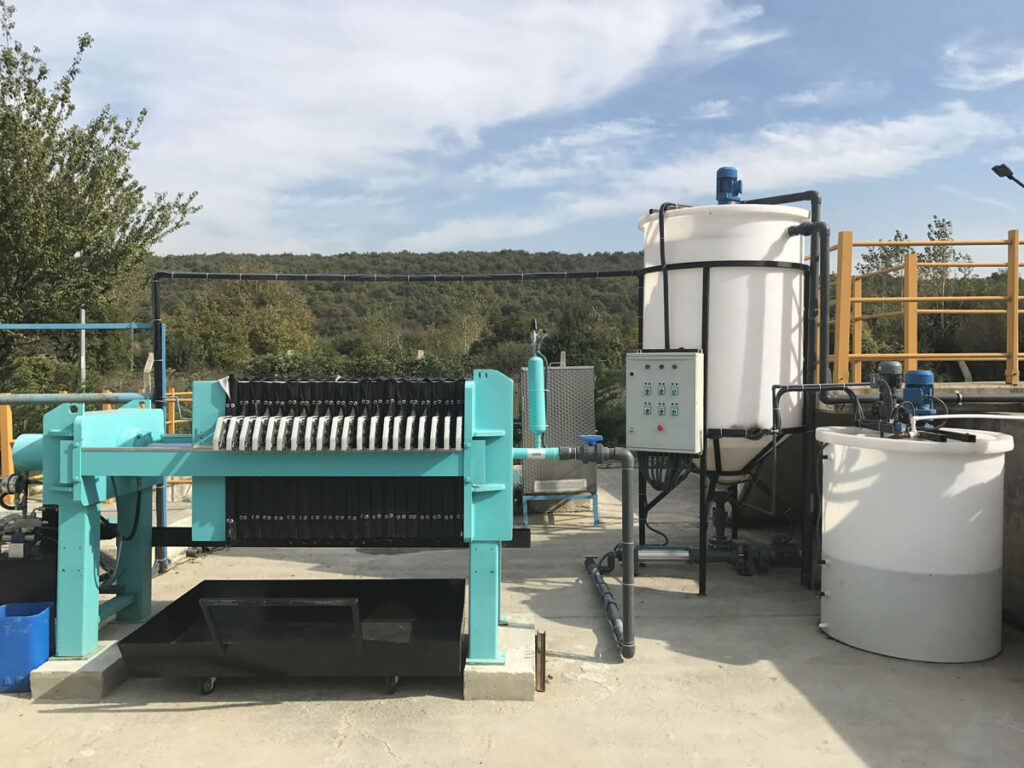Posted on November 14, 2023
Filter Press Sludge: A Comprehensive Guide
Filter press sludge, also known as filter cake, is a byproduct of the filter press process used in various industries such as wastewater treatment, mining, and food processing. It is a complex mixture of solids and liquids that requires proper management and disposal to avoid environmental and health hazards.
Characteristics of Filter Press Sludge
Filter press sludge is a semi-solid material that consists of a mixture of solid particles, water, and other contaminants. Its physical and chemical properties vary depending on the specific application and the type of filter press used. However, it generally has a high solid content, ranging from 10% to 30%, and a particle size distribution that is largely dependent on the filter press’s mesh size.
Handling and Storage of Filter Press Sludge
The handling and storage of filter press sludge require careful consideration to prevent environmental and health hazards. The sludge should be collected and stored in airtight containers or tanks to prevent odor and dust emissions.
It is important to avoid exposing the sludge to rain or sunlight, as this can cause it to become soggy and difficult to handle. In addition, the storage area should be secured to prevent unauthorized access and potential contamination.
Disposal Methods of Filter Press Sludge
There are several disposal methods for filter press sludge, including landfill disposal, incineration, and recycling. Landfill disposal is the most common method, which involves transporting the sludge to a licensed landfill site and disposing of it by local regulations.
Incineration is another option, which involves burning the sludge to produce energy or ash. Recycling is also becoming increasingly popular, which involves treating the sludge to recover valuable materials such as metals and nutrients.

Conclusion
In conclusion, filter press sludge is a byproduct of the filter press process that requires proper management and disposal. Its characteristics, handling, and storage require careful consideration to prevent environmental and health hazards.
Disposal methods such as landfill disposal, incineration, and recycling are available, and the choice of method depends on various factors such as cost, regulations, and environmental impact. By understanding the properties and management practices of filter press sludge, industries can minimize its impact on the environment and ensure a sustainable future.


